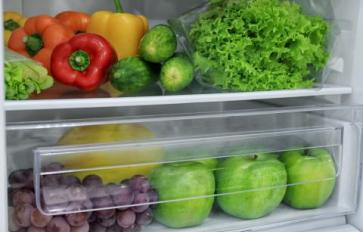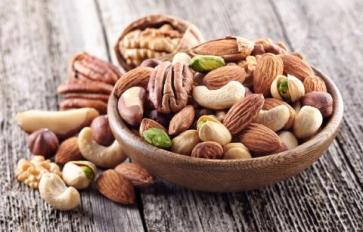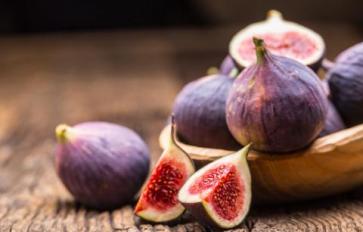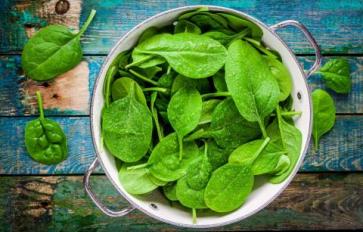
The best way to eat produce is freshly picked off the vine from your garden or local farmer’s market. Unfortunately, not everyone has that luxury. For most of us, our produce comes from the nearest grocery store. We sift through the fruits and vegetables as we choose the cream of the crop. The frozen aisle is avoided because fresh is best. That's what I thought, anyway, until I decided to dig a little deeper into the freezer section.
Produce is at its peak right when it has been picked. The longer it sits, the more nutrients it loses. This is the main problem when we are making our selections at the store. Unless that produce went from farm to shelf within 24 hours, what you are buying may not have the optimum nutrition content. Most fresh produce is picked before it’s ripe in order to survive the transportation process and allow a longer shelf life. Think about how many times you have had to use the brown bag trick to ripen fruit.
Frozen produce sings a different tune. Packaged for convenience, frozen food allows us to eat fruits and vegetables when they are out of season and reduces the prep work required to cook. They also maintain the nutrient content as if they were just picked. Unlike fresh produce, frozen produce is not given time to sit around, losing moisture and nutrients. Picked when ripe, they then undergo the freezing process of being washed, blanched, packaged, and frozen. Thus, the nutrient content is sealed inside.
Some studies suggest that frozen produce is not only just as healthy as fresh, but in some cases it is better. According to frozenfoodfacts.org, UC Davis conducted a study in which they analyzed the nutrient content of an assortment of fruits and veggies. Researchers took a look at the nutrients when picked, 10 days after frozen, and then again after being frozen for 90 days. What they found was that in addition to maintaining all nutrients, some nutrients, such as Vitamin C, increased.
With food going into hibernation mode when frozen, it makes sense that the nutrient content would be maintained. While how you cook the food may be a different story, it appears that frozen food holds up to its fresh counterpart.








